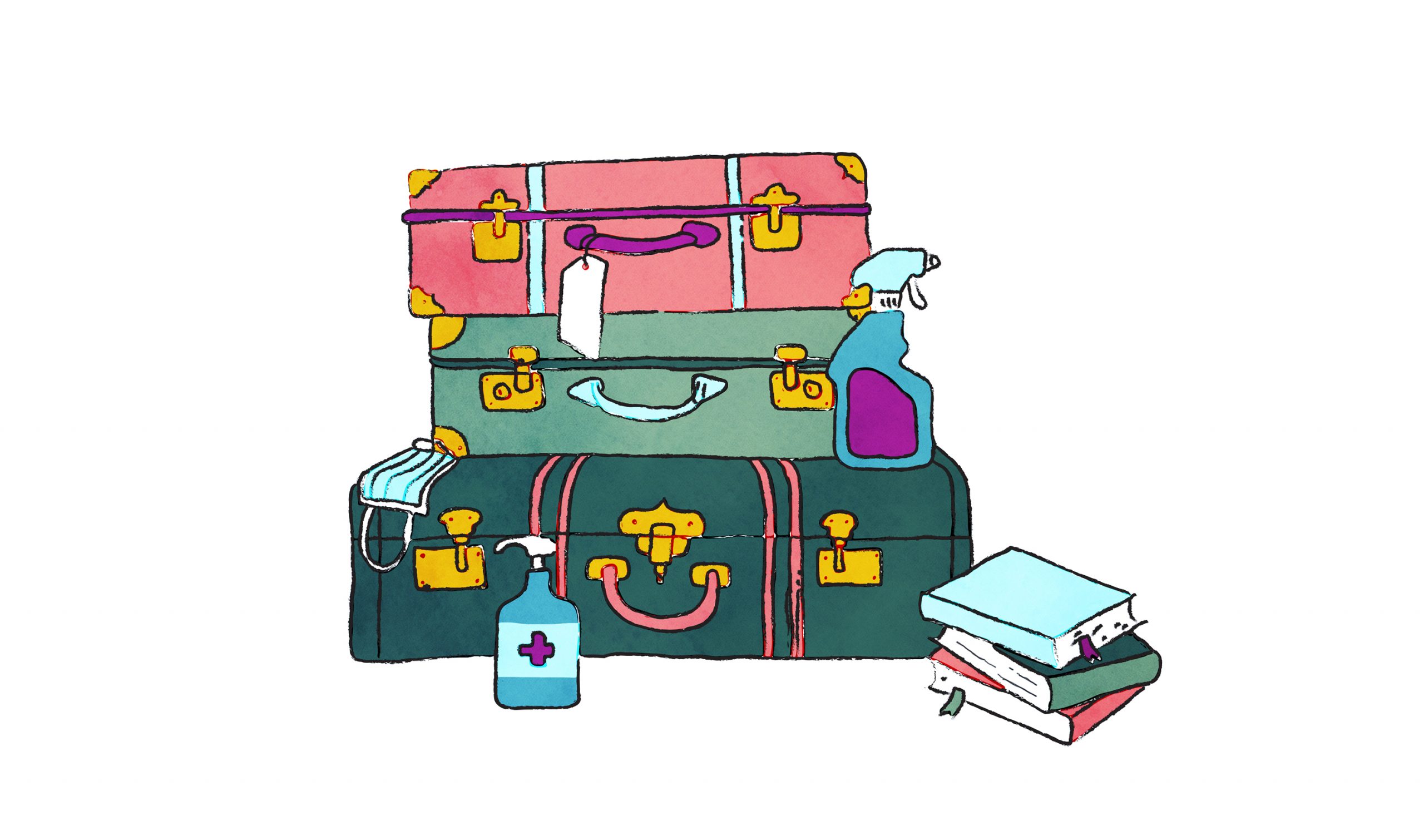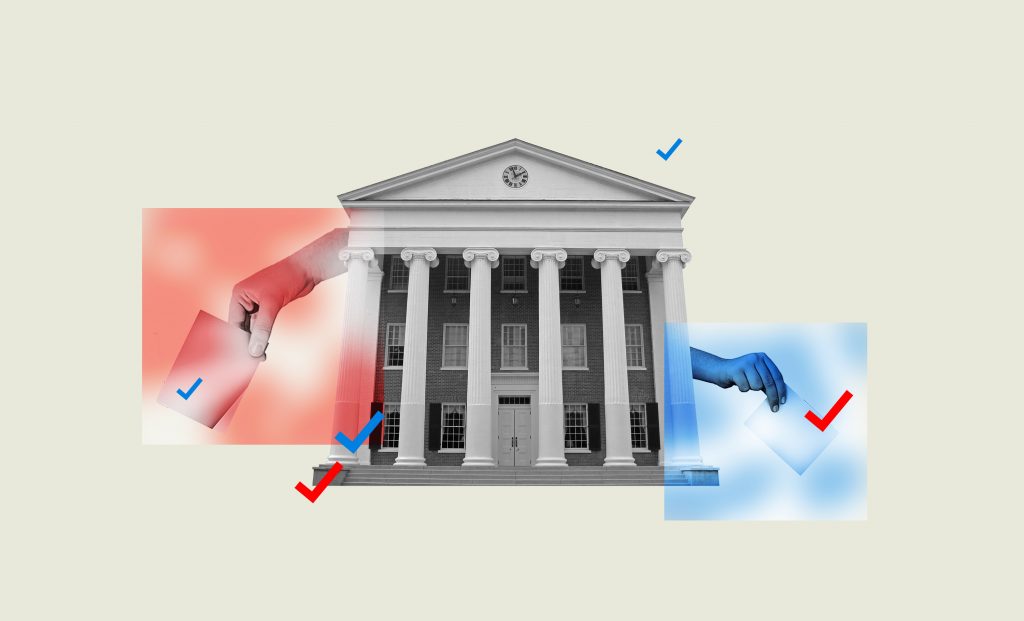Though the university canceled spring break this year as a safety precaution, many students are still planning to travel this month.
Adeline Dunn, a junior communication sciences and disorders major, decided to take her break from school a few weeks ago.
“I went home to visit after the snowstorm just because I felt so drained emotionally and mentally from school and all the restrictions due to COVID,” Dunn said.
Dunn’s parents are the ones who encouraged her to make a trip home for a few days so she could get refreshed, but since there was no scheduled break from school when she took her trip, she had to miss a few classes.
In addition to cancellations, administrators shortened the semester to avoid students traveling to high-traffic cities and returning to Oxford after being exposed to COVID-19. This semester, classes will end in April this year instead of May. Though many students still want to travel, some faculty said shortening the semester was a good decision.
“I think the decision to skip spring break and shorten the end of the semester was the right one,” Tibor Torma, director of Kennon Observatory, said. “The biggest reason for the COVID-19 disaster this January was surely people traveling, and a large part of that was college students taking the Christmas break.”
On Jan. 9, 15 days after Christmas Day, Lafayette County reported 98 new cases of COVID-19 in a single day.
Hannah Jacoby, a sophomore English major, is originally from Vicksburg but her family currently lives in Epping, New Hampshire. She plans on going to see her grandparents that live in Vicksburg for Easter, instead of making the trip home.
“I’ve driven the past two times I’ve gone to visit, so I’m partially going to Vicksburg out of convenience,” Jacoby said.
Both of Jacoby’s grandparents are fully vaccinated, as well as many other members of her family that live in Vicksburg. However, before they got vaccinated, Jacoby said her grandparents were a lot more precautious about her coming to see them, due to their age and underlying health issues.
“They had a camper next to their house that I would stay in, and I would like, eat my dinner and stuff in there,” Jacoby said. “If I wanted to interact with (them), we would be outside and I would be wearing masks.”
Now, she said that both of her grandparents are more open to interaction with others, but are still cautious.
“We don’t get in each other’s face or anything. We’re still pretty careful about sitting farther apart.” Jacoby said.
Jacoby also works as a sales coordinator at Marshalls, which is a storefront in Oxford that still requires masks. While she said that most patrons continue to wear their masks, she is worried how cases will translate in Oxford, since students are coming and going so frequently.
“We spent a whole year of trying not to travel, you just have to wait a little bit longer until the summer,” Jacoby said.
Cameron McCreight contributed to the reporting for this story.
















